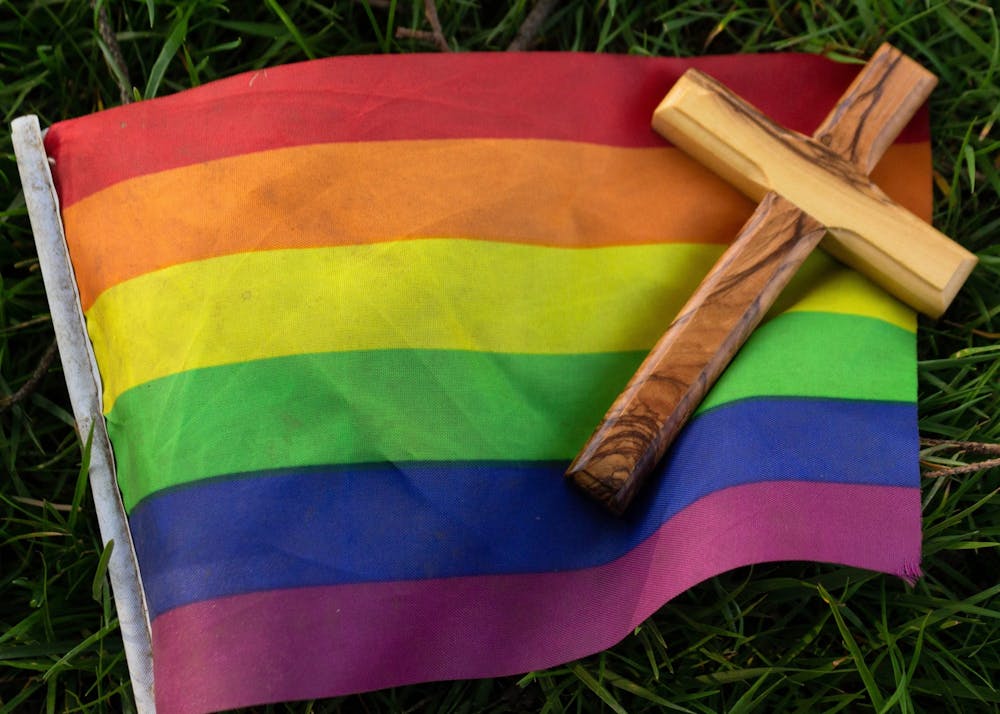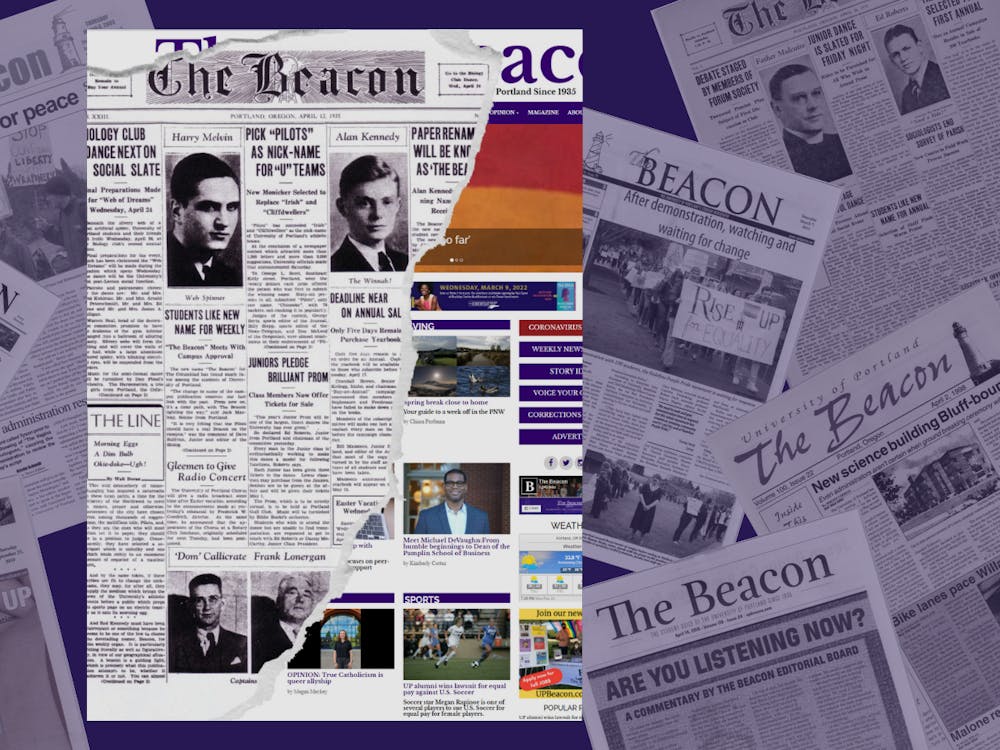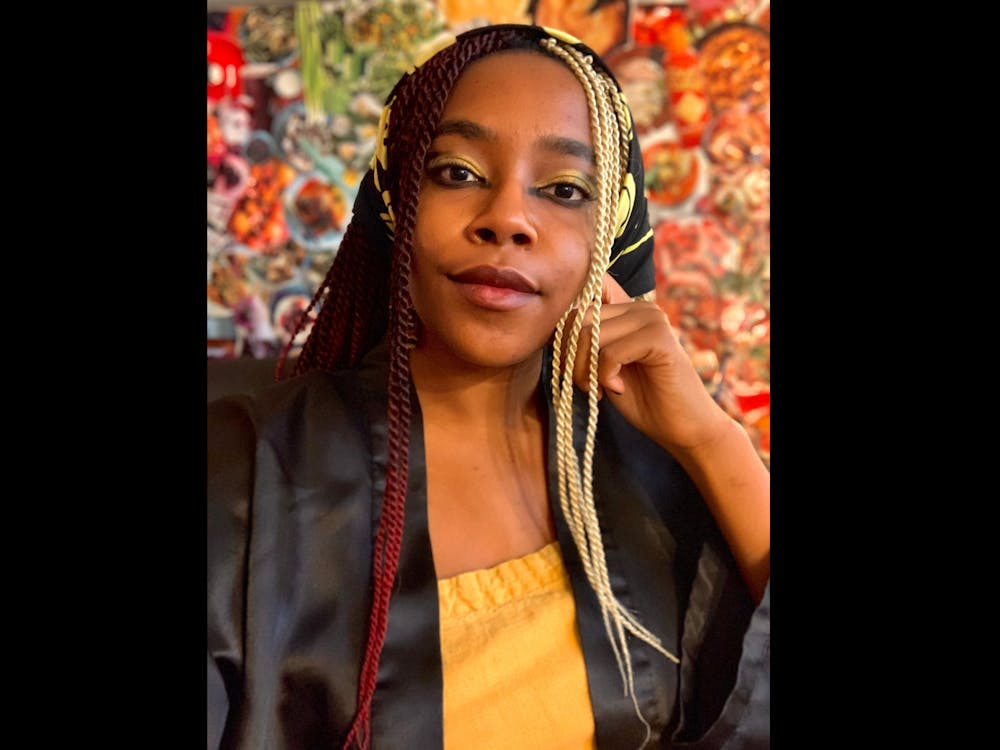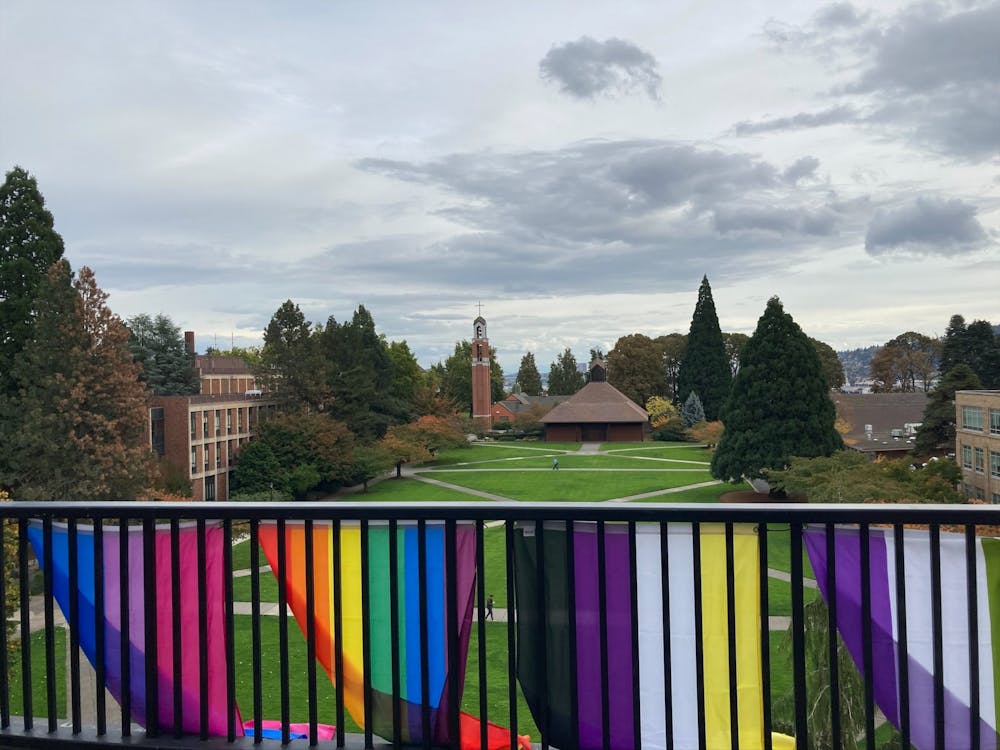On Tuesday, The Beacon published an opinion piece from an alum titled “We have come too far” which argued that there was no intersectionality between the LGBTQ+ community and traditional Catholic teaching principles. The Beacon received backlash for publishing the article following accusations that the piece contained hate speech towards the LGBTQ+ community.
We at The Beacon stand in solidarity with and express our support for the LGBTQ+ community. We believe that our LGBTQ+ peers should never be in a position where they feel unsafe or targeted at UP.
However, it is also our responsibility to voice our support for the free and respectful exchange of viewpoints and ideas. These things are not mutually exclusive — in fact, the open exchange of diverse perspectives is what ultimately cultivates a safe space for marginalized communities.
The goal of our opinion process is to create a section that represents all viewpoints of the UP community — students, alums, and current and former faculty and staff. This means that, rather than choosing to publish certain viewpoints over others, we publish all opinion submissions that we receive, with very few exceptions. The views of any opinion piece only reflect those of the author. The Beacon’s views do not align with those of Br. Benedict Mary Bartsch.
Opinions that contain hate speech, derogatory slurs, malicious tone, misinformation, or come from outside of the UP community do not get published.
The United Nations defines hate speech as “any kind of communication in speech, writing or behaviour, that attacks or uses pejorative or discriminatory language with reference to a person or a group on the basis of who they are, in other words, based on their religion, ethnicity, nationality, race, colour, descent, gender or other identity factor.”
Labeling controversial opinions as hate speech brings levity to true hate speech. This piece did not use derogatory language, slurs or call for violence.
There were also concerns that The Beacon spread misinformation by posting this opinion. Bartsch sourced his ideas from direct quotes from the Bible and official Catholic documents, and his interpretations formed the basis of his opinion. Interpretations of the Bible are opinions, which are inherently nonfactual and therefore cannot be defined as misinformation.
To avoid spreading misinformation, we closely followed the Society of Professional Journalists code of ethics, which requires journalists to provide access to source material, take responsibility for the accuracy of their work, verify information before releasing it, and use original sources whenever possible.
Another core tenet of the Society of Professional Journalists code of ethics is to “minimize harm.” We believe that the long term suppression of speech is more harmful than publishing an article that might be perceived as controversial. As stated by PEN America, “that some individuals may experience offense or insult or negative feelings such as anger, resentment, frustration, or discouragement in response to others’ speech is not sufficient grounds to limit that speech, because by its nature speech frequently does give rise to such feelings.”
As the voice of the student body, we do not pick and choose only to publish opinion submissions that we agree with as a staff. In fact, it is vital that as a free and non-bias publication we publish opinion submissions that we as an editorial staff don’t agree with.
In 2019, The Beacon published an editorial about the importance of media literacy, the message of which we still stand behind:
“Many people, especially in the era of the curated social media feed, expect to only read, watch and listen to information that supports their worldview. They do not even want to hear of the other side. But for a news organization to not present all sides of an event or situation, or to fail to report that a public event happened, would be misleading and not in line with journalism’s mission.”
While the views expressed in this opinion piece have received public backlash, we do attend a Catholic institution, and these views are held by a portion of our student body, alumni, faculty and staff. As college students preparing to enter the adult world, we will have to navigate a lot of controversial opinions that we don’t agree with.
Bringing these viewpoints into the public eye is a necessary first step to learning how to engage in respectful and fruitful public discourse. Transparency is crucial to progress, and part of transparency is being accountable for your viewpoints. For this reason, The Beacon does not publish anonymous opinions, except in rare circumstances when the Editor-in-Chief feels the author’s safety or wellbeing might be at risk.
We believe that the best response to offensive speech is more speech. We encourage readers of The Beacon to do just that: make their voices heard by submitting their own opinions, as some students have already done.
To our LGBTQ+ peers seeking support, UP Gender and Sexuality Partnership compiled this document of community resources.
Have something to say about this? We’re dedicated to publishing a wide variety of viewpoints, and we’d like to hear from you. Voice your opinion in The Beacon.








